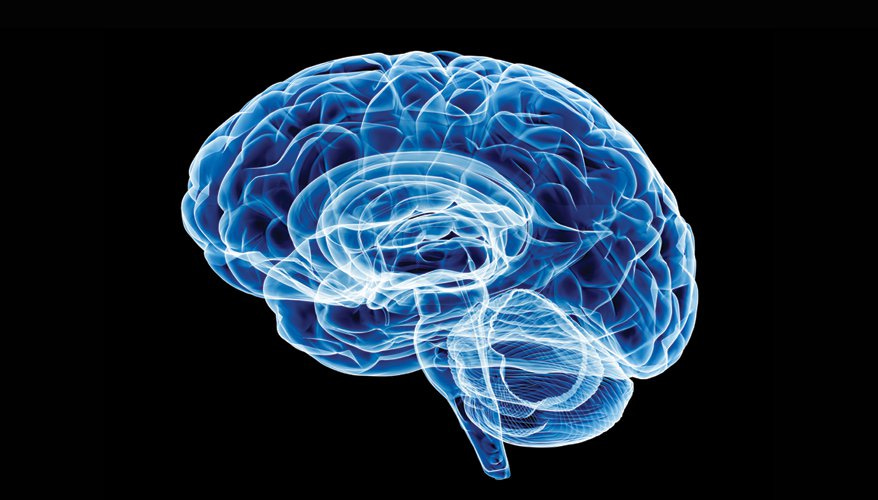Neurotrack is About to Launch Their Online Alzheimer's Early Diagnostic Tool. It's Very Cool, Highly Accurate and I Heartily Endorse It.
I do not own stock in Neurotrack. But they are about to massively improve the way Neurodevelopmental disorders, especially Alzheimer's disease, impacts our lives.
From MobiHealthNews, we just learned that Neurotrack has raised $10M to help launch its cognitive decline assessment tool.
In 2009, I was leading a workshop at a Cambridge Healthtech Institute meeting in San Francisco. I was invited to propose to a select panel of industry leaders, economists and bankers my idea that intellectual property itself could be commoditized and, ironically, thusly set free from the strictures of the laws and rules and bind it to its owner (See: Time For an IP Share Market? The Scientist, Feb, 2009).
During this meeting, I wandered to a different session and caught a presentation by Ellie Kaplan, CEO of Neurotrack. She spoke of how her parents’ cognitive decline impacted her and moved her to do something about early treatment.
Elli Kaplan, CEO of Neurotrack (Neurotrack/Forbes)
Ellie then proceeded to describe a test that involved nothing more than looking at a series of pairs images on a computer screen - and then looking at another set of pairs images - and from the data collected on the basis of eye tracking - where your eyes lingered just a little bit longer - the test could detect Alzheimer’s in it earliest stages.
The brain is naturally attracted to novelty, she explained, and the first bank of pairs images shown during the test simply exposed, passively, the brain to set of simple pairs of images that might - or might not - be then stored in short-term memory.
Our limbic system provides our short-term memory, but all information bound for permanent recording of important aspects of short-term sensory experiences go through the hippocampus. The specific area in our brain where short-term memory stored the lower part of the temporal lobe. Information from our senses that is of sufficient important is lastingly preserved via the re-writing of the memories through the hippocampus. Our long-term memories and knowledge are stored in the neocortex, especially the prefrontal cortex, but not exclusively. Further, our memories may be redundantly stored as different “models” of reality, each connected to other such information via physical conceptual networks - some that are intuitive (groups like colors (blue, red, orange) - others via emotion (smells & memories of deeply personal events).
If a person has a healthy brain, the eyes will linger on any image in the second set that was not present in the first set just a little longer given how our brains - and eyes - respond to novelty. Elli’s test takes advantage of the limbic systems’ otherwise unconscious preference to study novelty. The people being tested won’t even necessarily perceive that their brains are “noticing” that something is different. The beauty of the test is that they don’t have to be aware of the difference. Further, Elli told me in an interview after the meeting by phone, people who know how the test works can’t fake the test results or swing the results either way. The preference to focus on novelty is automatic and subconscious.
The hope is, of course that early detection by this test - as much as 3-4 years prior to the onset of any other symptoms - might allow patients to explore options to reduce, delay or prevent the onset of this most destructive neurodegenerative disease.
A recent study found that one-third of 3496 individuals 65 years and older had dementia or mild cognitive impairment. Medicare requires cognitive screening during wellness visits; Elli’s passive, non-invasive test takes three minutes to complete.
I personally am hopeful that studies of the efficacy of low, slow chelation of aluminum combined with intranasal insulin and glutathione might be informed by Elli's test.
Links
MobiHealthNews, 11/2/2022 - Neurotrack raises $10M, launches cognitive decline assessment tool
Forbes - SCIENCE EDITORS' PICK This Entrepreneur Aims To Make Cognitive Screening As Easy As Checking Your Pulse






It would be very enlightening to see Neurotrack testing mapped against flu vaccine uptake.
My working hypothesis is that a huge amount of alzheimer’s and dementia conditions are linked to the flu shots.
Pretty cool to see this. I have a startup that does something similar, uses eye tracking, eeg, and heart rate / galvanic skin response to profile the person. You can use these markers to infer many states and conditions. From Alzheimers, to concussions, to Covid related brain fog, to traumatic brain injuries. I think the trickier part is the ecosystem around it. This company in the article has taken over $25 million to set up the service provider / medical insurance framework. Who will offer the service, what will they charge, what will they pay you, how often do you come into the office, how many patients can they use it on, etc. That's the tough part.
The unfortunate part is I've seen some incredible techniques that seem to be struggling for commercialization. We ran across one startup that could cure stuttering symptoms for 10 minutes through a special technique - struggling for funding. Odds are most people will never know that there's a noninvasive treatment for stuttering available that could be expanded on. It just seems tough to commercialize these things, so it's great to see this startup doing well.